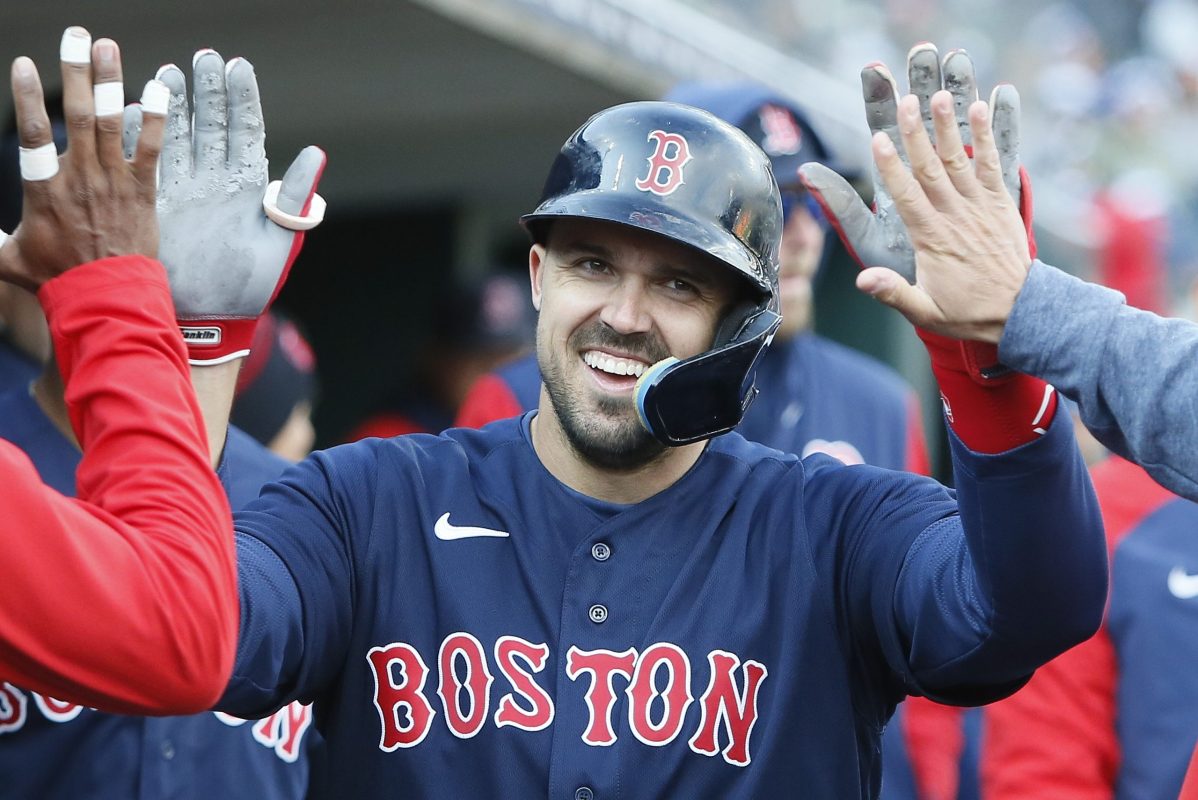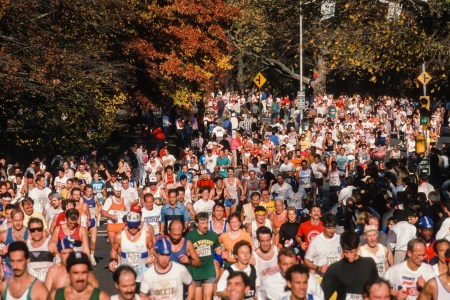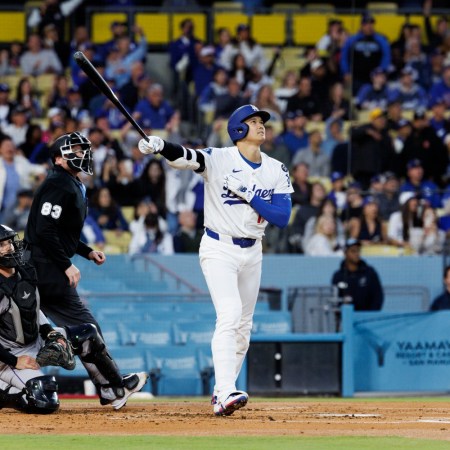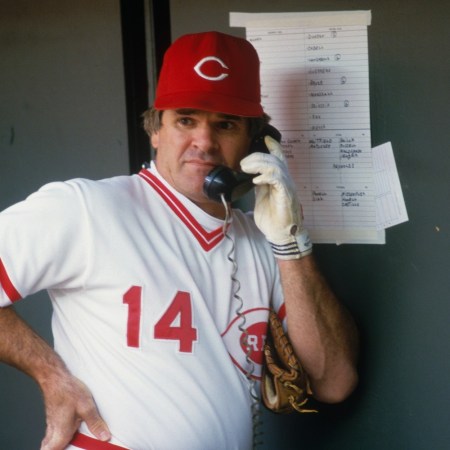Hitting a home run in Major League Baseball: hard.
Hitting a home run in Major League Baseball in the World Series with the entire world watching: harder.
Hitting a home run in Major League Baseball in the World Series with the entire world watching while monitoring your blood sugar to make sure your life isn’t in danger: damn-near impossible.
Adam Duvall, who won the 2021 World Series with the Atlanta Braves did it. Twice.
Three years into his minor-league quest in 2012 following a successful collegiate career at Louisville, Duvall began to lose weight, was constantly urinating, and couldn’t figure out why. Also feeling sick and low on energy with an exceptionally dry mouth, Duvall began to look up his symptoms and pair them with potential causes. When his bloodwork came back, Duvall, an All-Star with the Reds in 2016 when he hit more than 30 home runs and had over 100 RBI, wasn’t surprised by the diagnosis: Type 1 diabetes. “From there it was just attacking this thing by trying to learn as much as I could about it, how to cope with it, how to deal with it and how to play a baseball season with it,” Duvall tells InsideHook.
How to Start Running if You’re Overweight
It’s possible to flip the activity from enemy to ally. We have some tips.To deal with the curveball his body threw him, the 34-year-old relies on both an insulin pump and a glucose sensor on his stomach that allows him to monitor his blood sugar both on and off the diamond and helps him avoid the risk of a seizure or coma.
Now a member of the Boston Red Sox, Duvall has partnered with Lily on behalf of an insulin affordability campaign titled “Tap the Cap.” To promote that initiative, InsideHook spoke with Duvall about what it’s like to worry about keeping his blood-sugar levels even and his batting average up at the same time.
This interview has been edited for context.
InsideHook: When you got your Type-1 diagnosis, did you worry it’d hurt your shot at the majors?
Adam Duvall: At that time, I was so focused on coping with it and trying to be as successful as I could that I never really thought about it hurting my chances. With more people having it now and the awareness growing, I think it’s something you definitely can deal with and achieve whatever you want to. We’ve seen that with MLB players, NFL players and business people.
IH: How do you balance worrying about your play on the field versus worrying about your insulin levels?
AD: At this point it’s really a part of me, so it’s a habit now to worry about both. It’s just something you get used to and learn to deal with. There are good days and there are bad days. The biggest thing is just trying to manage it the best you can over the long term. I have to try and keep my numbers as tight as possible. I take a lot of pride in it and get upset with myself if I let it get too far high or too far low. I take a lot of pride in it. It’s something you get better at the longer you have it, but it’s never easy because different foods and different types of exercises affect you differently. Those are things you have to account for and there’s always a learning curve.

IH: Where do you keep the pump and sensor while you’re playing?
AD: I cut a little slit in my back pocket, run my tube up through there and then tie in. Fans yell at me all the time to take the cell phone out of my back pocket when I’m looking down at my meter. It’s something for them to scream at me about. I’ve been fortunate and actually never broken it and hopefully I don’t go slide and crack it. I’d probably feel a little naked without it, to be honest. It’s on me 24/7, literally. The only time I take it off is when I’m showering or swimming. It’s always in my pocket right next to me.
IH: Have you had to educate your teammates about your health and explain what’s going on?
AD: I definitely communicate with my teammates and obviously my trainers know about it. They kind of know what to do. If I’m going low in the outfield, I’ve had to call out to the bullpen for some sugar. In between batters or a pitcher change, like, they’ll give me some Gatorade or a protein bar or something. There have been some long innings when there hasn’t been a break when I’ve started to worry a little bit. The pitch clock has been a learning curve. I try and check my sensor while I’m in the dugout before my at-bat. That way during my at-bat I don’t have to do too much. It hasn’t affected that side of things too much but it has affected the pace of the game.
The Charge will help you move better, think clearer and stay in the game longer. Subscribe to our wellness newsletter today.


























